5 Health Benefits Of Psyllium Husk & Directions To Use It
Improve bowel movement and keep your cholesterol in check with this medicinal ingredient.
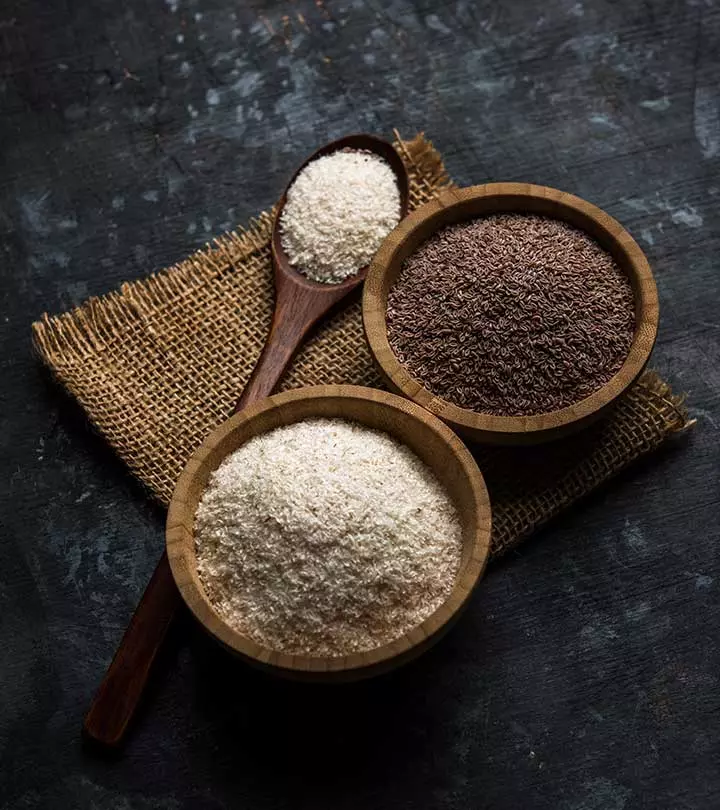
Image: Shutterstock
If you are suffering from constipation and high cholesterol levels, here is some news for you. Just a glance at psyllium husk’s benefits can ease half of your tension.
Curious to know what it is and how it works? You have come to the right place.
Psyllium husk is a soluble fiber traditionally used in Indian medicine to ease constipation and lower blood sugar levels and cholesterol levels.
This husk also scrubs your intestines and detoxes them effectively.
So, what is it made of? And how do you use it to reap its results?
This article serves as a guide for all your doubts and takes you through its other benefits and potential risks. Take a look!
 Know Your Ingredient: Psyllium Husk
Know Your Ingredient: Psyllium HuskWhat Is It?
A type of dietary fiber usually used as a natural laxative.
What Are Its Benefits?
Relieves constipation, helps weight loss, improves heart and intestinal health, and aids diabetes management.
Who Can Use It?
Safe when consumed in moderation by all including pregnant women and new mothers.
How Often?
10 to 20 grams/day
Caution
Excessive consumption may cause low blood pressure and diarrhea. It may also make certain drugs ineffective.
In This Article
What Is Psyllium Husk?
Psyllium
husk is derived from the seeds of plants belonging to the Plantago genus. Psyllium seeds and psyllium husk are age-old hacks for treating constipation as they are rich sources of fiber.
Out of over 200 species in the Plantago genus, Plantago ovata and Plantago psyllium are widely known for their therapeutic value. They are grown in parts of Europe, Russia, Pakistan, and India.
Plantago ovata husk is a source of natural, concentrated, soluble fiber. It is obtained from the outer membranous green envelope of the P. ovata seed.
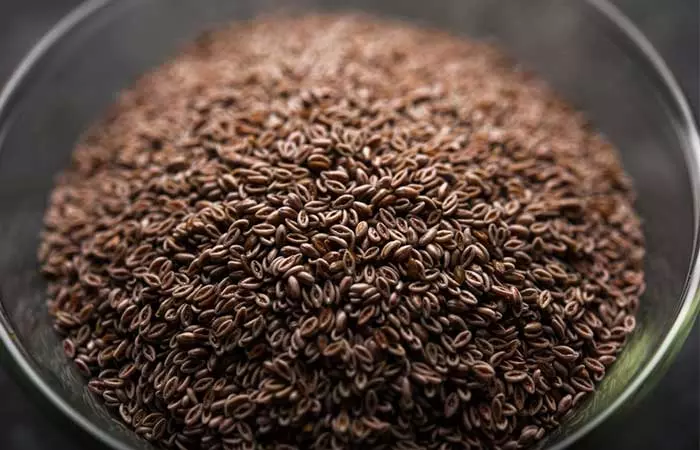
P. ovata husk (that contains soluble fiber) and seeds (that contain insoluble fiber) are well-accepted, safe, and effective bulk laxatives.
About 55-60% of psyllium husk has gel or mucilage forming ability that is responsible for its laxative and cholesterol-lowering activities. Unlike other natural laxatives, psyllium husk survives the fermentation in the gut and increases stool output effectively (1).
Some Psyllium Snippets
- The Indian name for Psyllium is ‘isabgol.’
- It comes from the Persian words ‘isap’ for horse and ‘ghol’ for ear. Together, ‘isabgol’ describes the shape of the psyllium seed that resembles a horse’s ear.
- Psyllium seeds swell up on absorbing water because of their mucilage.
- Psyllium husk forms a clear mucilage or gel when dissolved in water. This leads to a ten-fold increase in its volume.
Psyllium husk is rich in some essential and unique monosaccharides and polysaccharides. These biomolecules work towards ensuring smooth digestion, an active metabolism, and a healthy heart.
A study analyzed the effect of fiber supplementation, namely psyllium, on chronic constipation in adults. 1251 individuals participated in this study, and 311 of 473 (66%) participants responded to the fiber treatment, while 134 of 329 (41%) responded to the control treatment. A higher response to the fiber treatment was recorded.
 Did You Know?
Did You Know?Want to know what other problems psyllium husk solves? Check out the next section!
Key Takeaways
- Psyllium husk may help lower blood sugar levels and improve insulin sensitivity.
- It may cause bloating in some cases as well. Ensure you take it or its supplements with plenty of water to avoid distress.
- Psyllium husk is a renowned natural laxative whose soluble dietary fiber promotes bowel movements.
What Are The Benefits Of Psyllium Husk?
1. Ameliorates Constipation And Hemorrhoids

Constipation is known to affect approximately 27% of the population and is more prevalent in children and women than in men. A low-fiber diet is said to be one of the factors that cause constipation.
Using psyllium husk in your food or as a supplement can relieve constipation. The mucilage generated by the husk acts as a bulk-forming vegan laxative that eases and fastens bowel movement through the small intestine (ileum, to be precise). It is also an effective home remedy for constipation during pregnancy. It does not affect the pregnancy and softens the stools to provide relief.
As a result, the stool does not degrade, harden, or cause piles or hemorrhoidsi A disorder that causes the rectum and anus veins to swell and become inflamed, causing discomfort and bleeding. when it is forced out (2).
Joanna Nahum, a vlogger, spoke about her experience of using psyllium husk in her video. She said, “When I was really constipated, it really did help (i).”
2. Facilitates Weight Loss And Cholesterol Metabolism

Obesity and hypercholesterolemiai A disorder that raises cholesterol levels in the blood, restricting its flow, which increases the risk of cardiovascular problems. are linked to various metabolic and cardiovascular disorders. Increasing the intake of dietary fiber has the potential to improve the serum lipid profile. That is why many people consume isabgol for weight loss.
Ingredients like psyllium husk, oat bran, and barley have abundant amounts of water-soluble fiber. Dietary psyllium fiber consumption has also been found to increase fecal fat excretion by 41.27%. This shows that psyllium can reduce plasma and liver cholesterol levels, increase the level of HDL (good cholesterol), and exhibit positive gut-modulatory effects.
This reduction in appetite and LDL levels, along with enhanced fat absorption in the gut, can aid weight loss, the right and healthy way (3).
3. Cardioprotective Properties
Plasma LDL levels are major indicators of heart health. Consuming foods that contain dietary fiber reduces LDL levels and boosts HDL cholesterol, thus keeping cardiovascular diseases at bay.
Having the recommended intake of fiber (about 10-25g/day) helps regulate the LDL in your body. A study conducted in 2007 found that water-soluble fiber in psyllium husk increased the HDL concentration by 6.7%, while insoluble fiber reduced the same by 3.3%.
This proves that psyllium husk, in combination with a low-saturated fat/low-cholesterol diet, prevents heart diseases. Apparently, it does a better job than most of the commonly prescribed cardioprotective therapies (4).
4. Controls Diabetes And Hyperglycemia

Many studies have demonstrated the effect of dietary fiber on type 2 diabetes. Psyllium husk is one of the fiber sources that has exhibited anti-hyperglycemici A drug or substance that helps lower blood glucose levels and may help manage diabetes. and anti-diabetic effects.
Oral administration of about 10g of psyllium husk per day lowers blood sugar level, increases insulin sensitivity, and improves glycemic control in the body (5).
It is hypothesized that psyllium husk can alter intestinal motility to enhance the absorption of anti-diabetic or any other medication (6).
5. Protects Intestines And Excretory System
Psyllium husk has the excellent ability to maintain intestinal mucosa. Due to the ability of this fiber to fix organic and inorganic substances, their absorption by the intestinal cells is delayed, reduced, or even prevented (just like a flu-defense mechanism).
The dietary fiber in psyllium husk may also protect your duodenum by decreasing gastric acid secretion. Therefore, it can reduce the intensity of duodenal or gastric ulcers if taken in the right quantities (7).
You must be wondering who actually are the heroes behind the mucilage, the benefits, and all the fame that psyllium husk gathers?
Good question! You can get the answers in the next section.
What Is Psyllium Husk Made Of?
Psyllium husk is made of monosaccharides and polysaccharides like xylose and arabinose. They are collectively called arabinoxylan and account for more than 60% of the weight of psyllium husk.
Essential fats like linolenic acid, linoleic acid, oleic acid, palmitic acid, lauric acid, erucic acid, and stearic acid are found in the husk. It is also a reservoir of aromatic amino acids.
Surprisingly, psyllium husk is rich in phytochemicals like alkaloids, terpenoids, saponins, tannins, and glycosides. It also contains unique triterpenes like narasin, ginsenoside, and periandrin.
Metabolites like sarmentine, purmorphamine, tapentadol, zolmitriptan, and withaperuvin have been identified in psyllium husk extracts, giving it various nutraceutical properties (8).
We’ve discussed the benefits of psyllium husk and the excellent nutraceutical profile psyllium husk boasts of. But could something go wrong if you had too much of it?
Find out in the next section!
What Are The Side Effects Of Psyllium Husk?
Though there is little supporting evidence, the following could be the risks associated with consuming psyllium husk (9):
- May cause a drop in blood pressure if consumed in a large quantity, along with medicines that have a similar effect.
- May interfere with the absorption of certain drugs because the mucilage formed by psyllium husk can trap or dampen their effect.
- Likely safe for pregnant women and breastfeeding mothers as there is not enough clarity or evidence that proves otherwise.
- May cause gastric discomfort in some people in the first few days.
If you have tried psyllium husk and are aware of how your body responds to it, you should take it regularly. Talk to your doctor and try to incorporate this dietary fiber in your daily meals. But how can you about doing this? Let’s take a look.
What Are The Directions To Consume Psyllium Husk?
Dosage
- It is safe to have 10-20g of psyllium husk per day as a wellness supplement or in foods for satiety.
- If you are suffering from irritable bowel syndromei A variety of diseases that cause gastrointestinal discomfort and swelling due to persistent inflammation. or acute constipation, you can increase the dose to 30 g/day.
- It’s best to split the dose throughout the day.
- If you are new to psyllium husk, begin with a small dose and slowly increase it to avoid gastric issues.
 Quick Tip
Quick TipMode Of Intake
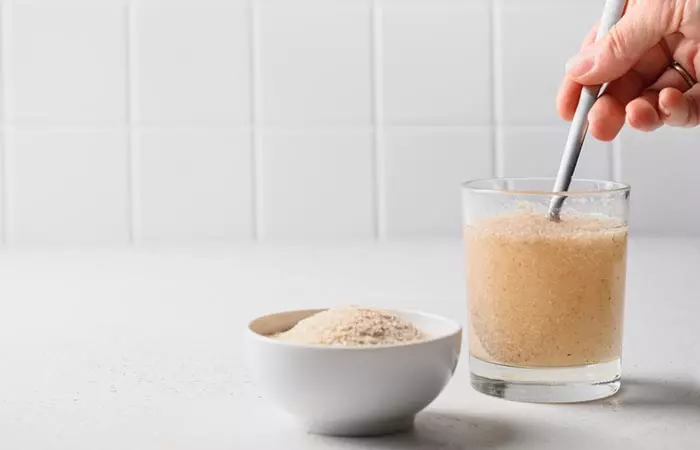
- Solution: The best way to consume psyllium husk is to add it to water and drink it after it dissolves.
- Adding about 250 mL of water to a spoonful of husk should do.
- Porridge: You can have it like porridge. Add a tablespoon of husk and some sugar (optional) to 250 mL water.
- Wait for 2-3 minutes until the solution turns into a gel
- Baking: You can add psyllium husk to cookies, bars, flat fiber cakes, bread, and muffins to add some crunch and health.
Time Of Intake
- It’s best to have psyllium husk right before meals (10).
- Always have a sufficient amount of water with psyllium husk to prevent choking on it.
- You can take small drinks of psyllium husk 2-3 times a day to keep your gut happy and kickin’!
It is generally recommended not to take psyllium husk at night. Find out more about it in the next section.
Why Not Take Psyllium Husk At Night?
Anecdotal evidence suggests that some individuals prone to gastrointestinal issues like bloating or gas might face discomfort or disturbed sleep after taking psyllium husk later in the evening. Psyllium husk absorbs water and expands in the colon, which can lead to a feeling of fullness or bloating. Some people might also be more sensitive to these effects at night, interfering with their ability to sleep comfortably. It is essential to listen to your body and adjust the timing of psyllium husk intake based on your personal comfort and digestive responses. If you are uncertain about the time of intake, consult a doctor for guidance.
In A Nutshell…
Psyllium husk is a boon for anyone suffering from constipation or digestive issues. It is recommended that you take at least 10-25g of dietary fiber a day.
With over 60% fiber and unique bioactive ingredients, this husk is the best natural, gluten-free, and plant-based dietary supplement you can gift your body.
If you don’t like the husk texture or gel-like consistency of psyllium husk, you can opt for psyllium husk capsules.
What’s the best part? Psyllium husk has a long shelf-life and is not prone to degradation. (That does not mean you can buy expired stock!)
Infographic: Top 5 Health Benefits Of Psyllium Husk
Psyllium husk is popular used to relieve constipation. It also offers other benefits like promoting digestive health, managing cholesterol levels, and aiding weight management. Check out the infographic below to learn more about the advantages of incorporating psyllium husk into your diet.
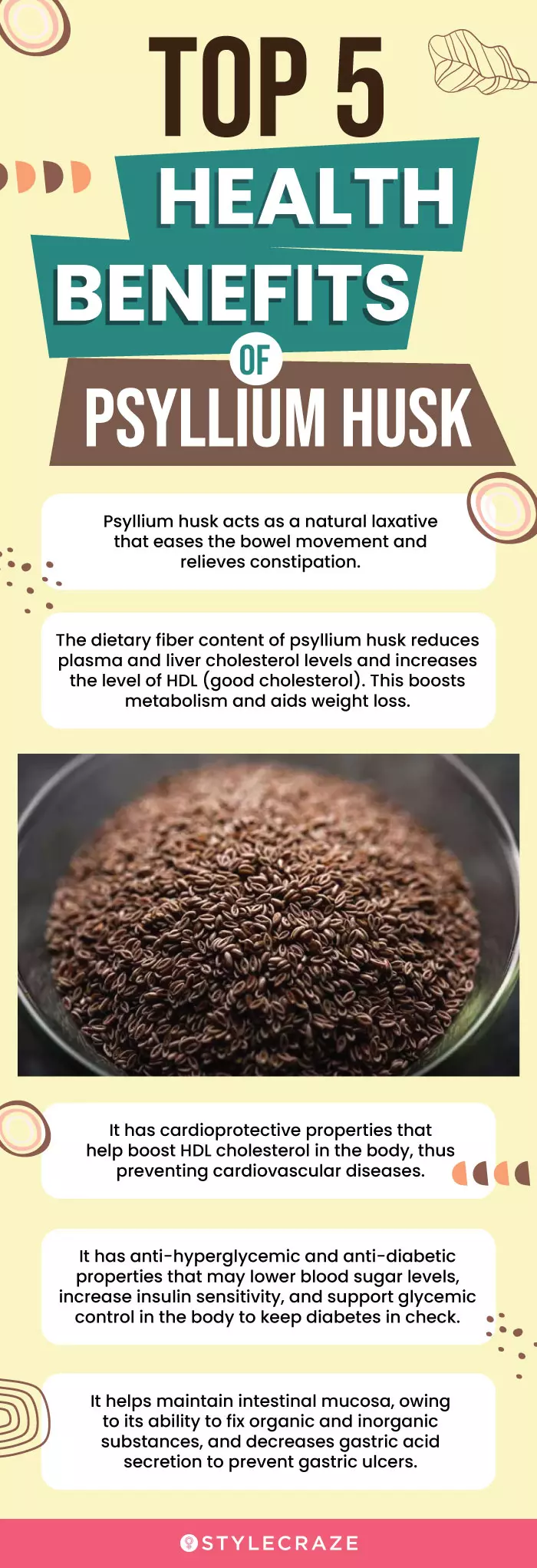
Illustration: StyleCraze Design Team
Psyllium husk is a fiber extracted from the seeds of the Plantago ovata plant, so it is completely vegetarian. It is a great source of many vitamins and minerals and is known for its therapeutic applications. There are numerous health benefits of psyllium husk. It may help reduce inflammation and relieve constipation due to its laxative properties, ameliorate hemorrhoids, aid in weight loss, prevent heart disease, control diabetes, and reduce the risk of gastric ulcers. However, excess consumption of psyllium husk may cause some side effects. It may reduce blood pressure levels way too much, interfere with some drugs, and cause gastric discomfort. Hence, limit its consumption to enjoy its maximum benefits.
Frequently Asked Questions
Can psyllium husk be taken daily?
Yes, psyllium husk can be taken daily. Drink plenty of water with it to avoid digestive discomfort. Consult your healthcare provider if you have certain health conditions and are not sure of the dosage.
Is psyllium husk good for hair?
Yes. Anecdotal evidence suggests that psyllium husk may help protect against hair breakage and restore its shine. However, limited research is available to prove this claim.
Can I use chia seeds instead of psyllium husk?
Yes. Chia seeds are a better alternative to psyllium husk, and you can use them as thickeners.
Is flaxseed better than psyllium?
Yes. Although psyllium and flaxseed have similar benefits, like reducing constipation symptoms and lipid levels, treatment with flaxseeds is better than psyllium husk (11).
What is the difference between psyllium and Metamucil?
Psyllium is the outer membranous envelope of P. ovata seed that is used to treat constipation. Metamucil is a fiber supplement that may be used to improve stool consistency and treat constipation.
Is psyllium husk prebiotic?
Yes. Psyllium husk is prebiotic, i.e., it supports the growth of good bacteria in the colon, improving colon health.
Illustration: Health Benefits Of Psyllium Husk & Directions To Use It

Image: Stable Diffusion/StyleCraze Design Team
Learn about the amazing health benefits of psyllium husks right in the video below! Discover how to use them, the recommended dosage, and potential side effects. Watch the video to get the facts now!
Personal Experience: Source
StyleCraze's articles are interwoven with authentic personal narratives that provide depth and resonance to our content. Below are the sources of the personal accounts referenced in this article.
i. 1 Simple Tip to get things moving along your Colon: Psyllium Husk for Constipation and Detoxinghttps://www.youtube.com/watch?v=IKqD8SlZ6qY
References
Articles on StyleCraze are backed by verified information from peer-reviewed and academic research papers, reputed organizations, research institutions, and medical associations to ensure accuracy and relevance. Read our editorial policy to learn more.
1. “The gel-forming polysaccharide of psyllium…” Carbohydrate Research, Elsevier
2. “Pharmacological Basis for the Medicinal…” Department of Biological and Biomedical Sciences, The Aga Khan University, eCommons
3. “The right fiber for the right disease…” Journal of Clinical Gastroenterology, US National Library of Medicine
4. “Effects of soluble fiber (Plantago ovata husk) on…” The American Journal of Clinical Nutrition, American Society for Nutrition
5. “Effects of psyllium on glucose and serum…” The American Journal of Clinical Nutrition, US National Library of Medicine
6. “Evaluation of the Association Metformin…” Journal of Diabetes Research, US National Library of Medicine
7. “Study of the protective effect on the intestinal…” BMC Complementary and Alternative Medicine, US National Library of Medicine
8. “Non-targeted Metabolite Profiling and Scavenging…” Frontiers in Plant Science, US National Library of Science
9. “Blond Psyllium” Medline Plus, US National Library of Medicine
10. “Ask the doctor: How much psyllium is…” Harvard Heart Letter, Harvard Health Publishing
11. “Effect of flaxseed or psyllium vs. placebo on management of constipation, weight, glycemia, and lipids: A randomized trial in constipated patients with type 2 diabetes” Clinical Nutrition.
Read full bio of Anna Jones
Read full bio of Swathi Handoo
Read full bio of Ravi Teja Tadimalla
Read full bio of Aparna Mallampalli







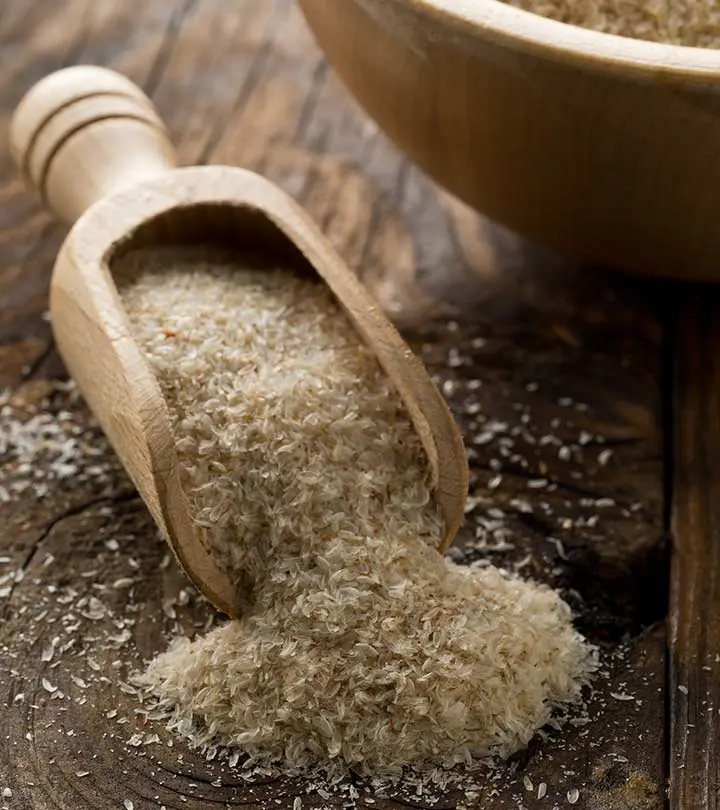
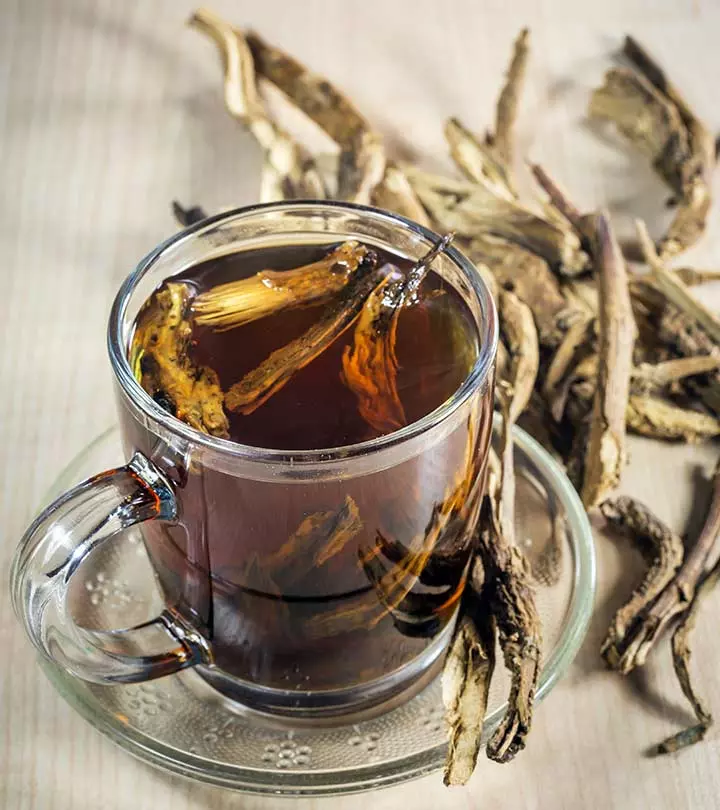

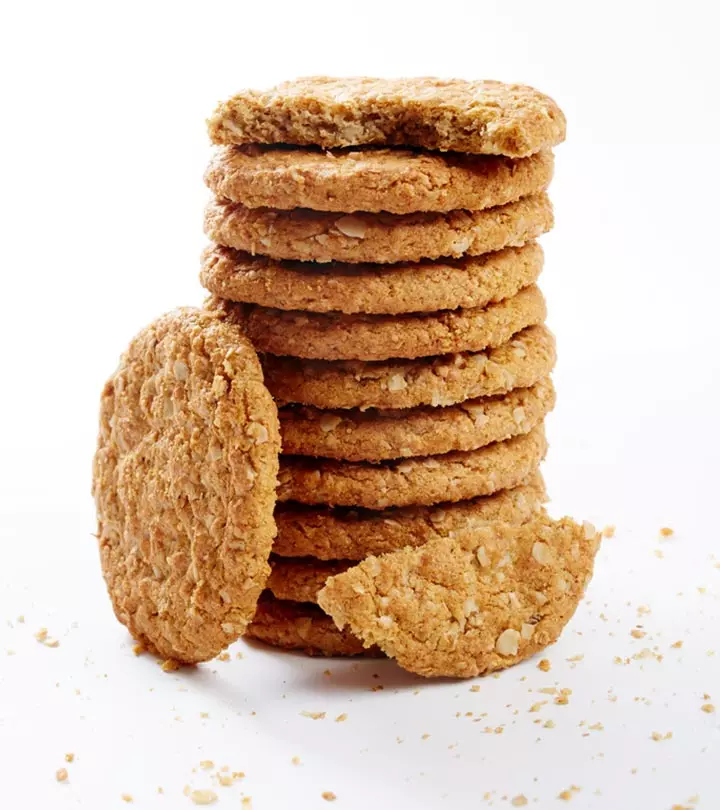
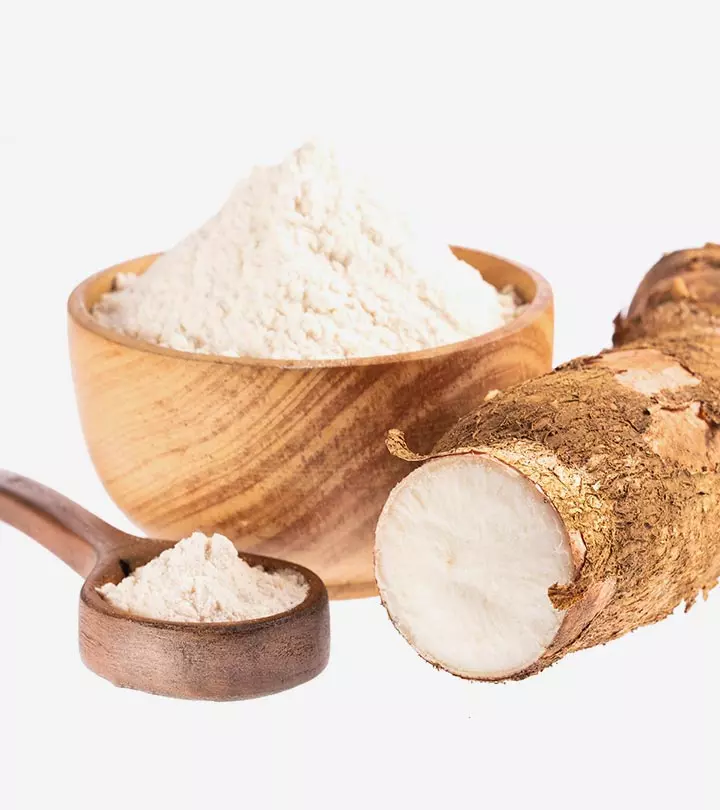
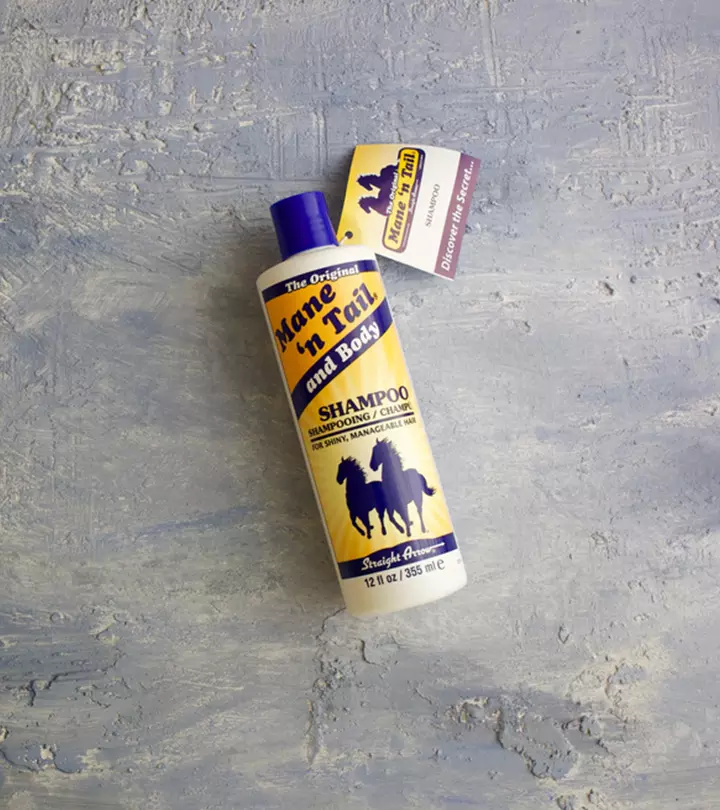
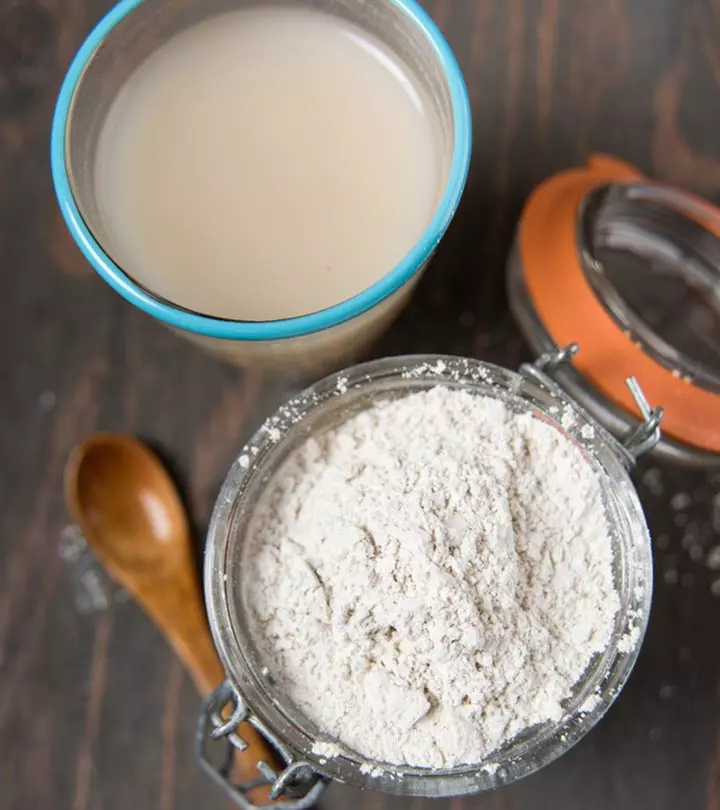

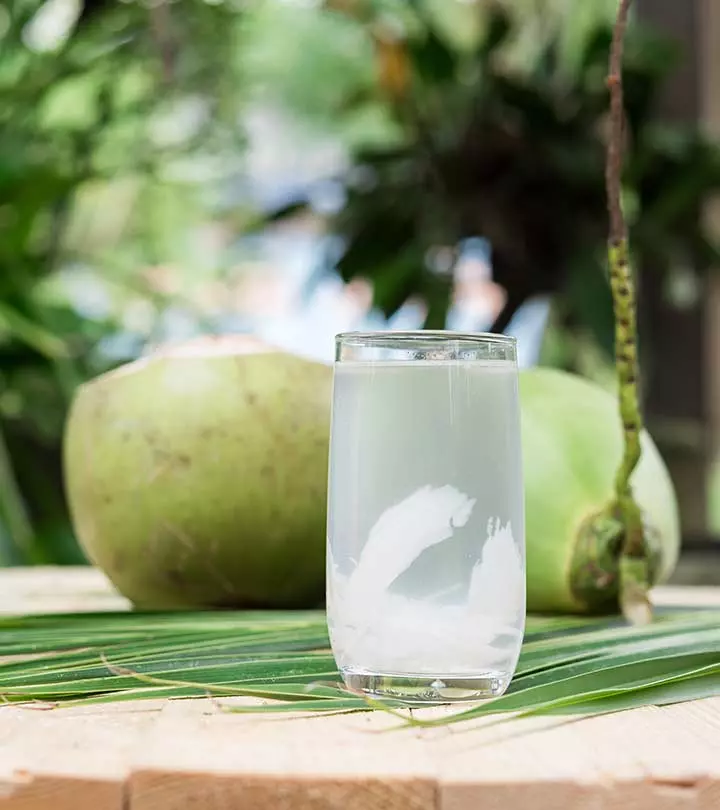
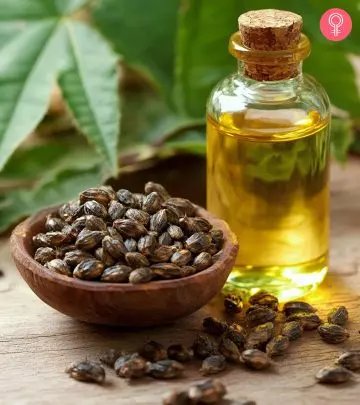
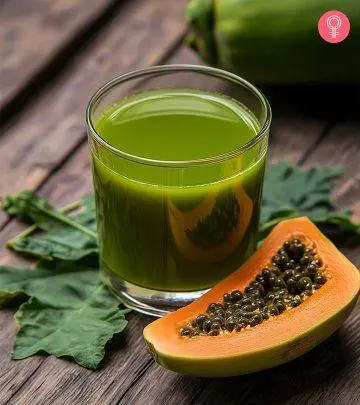
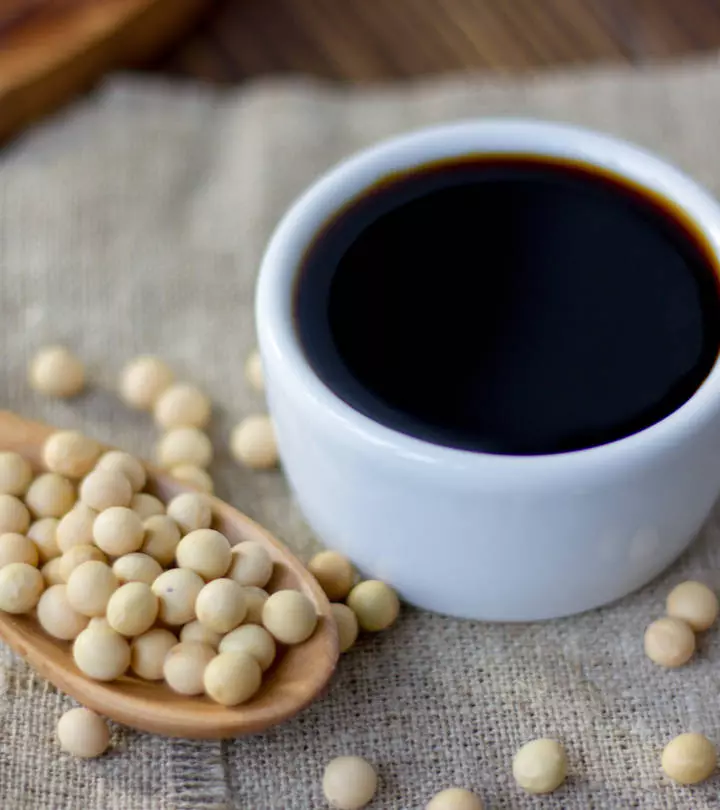
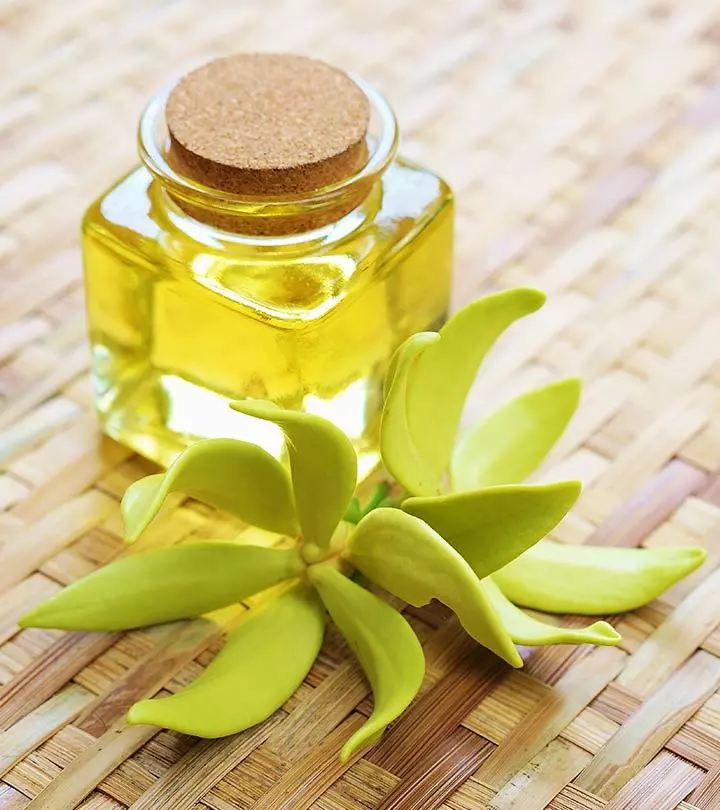
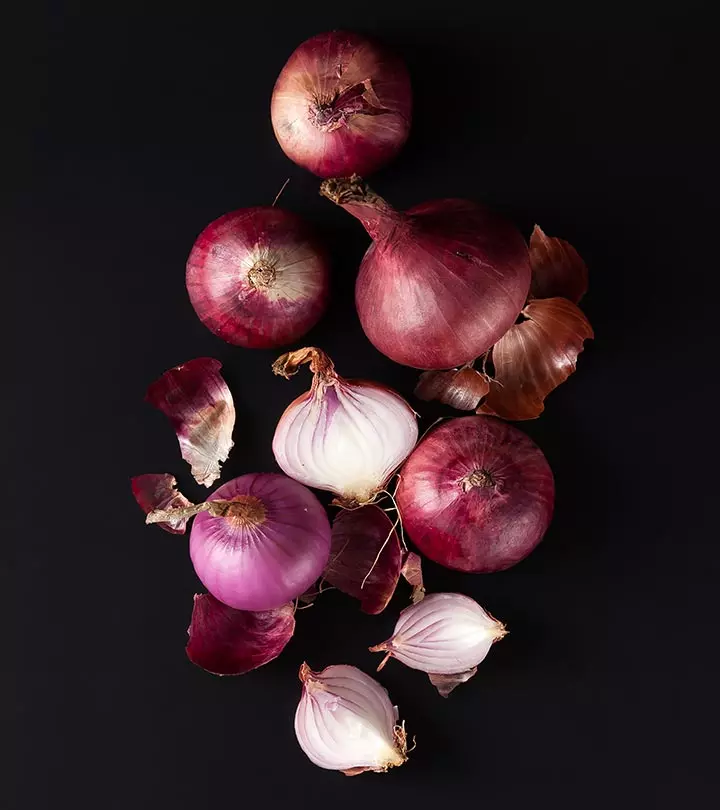
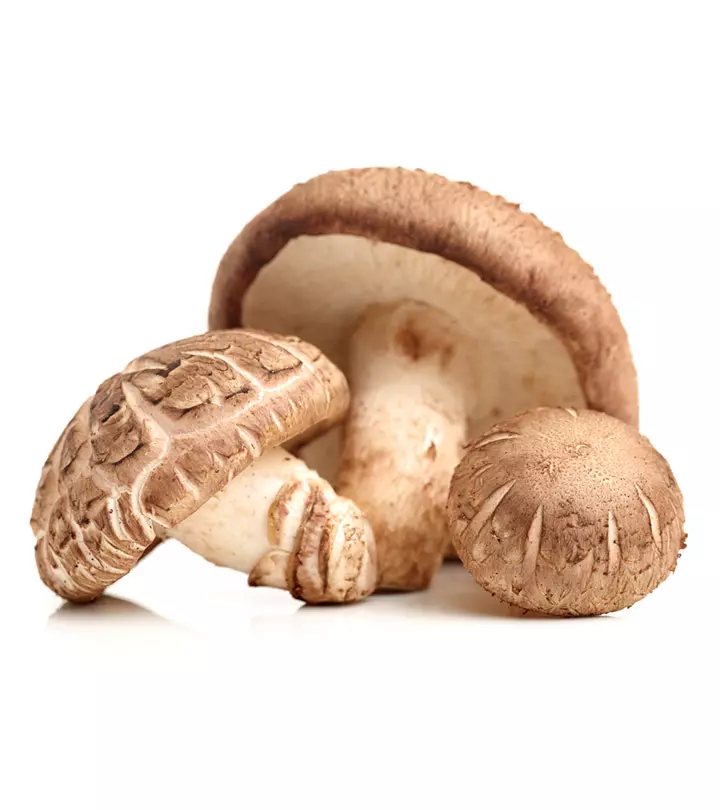
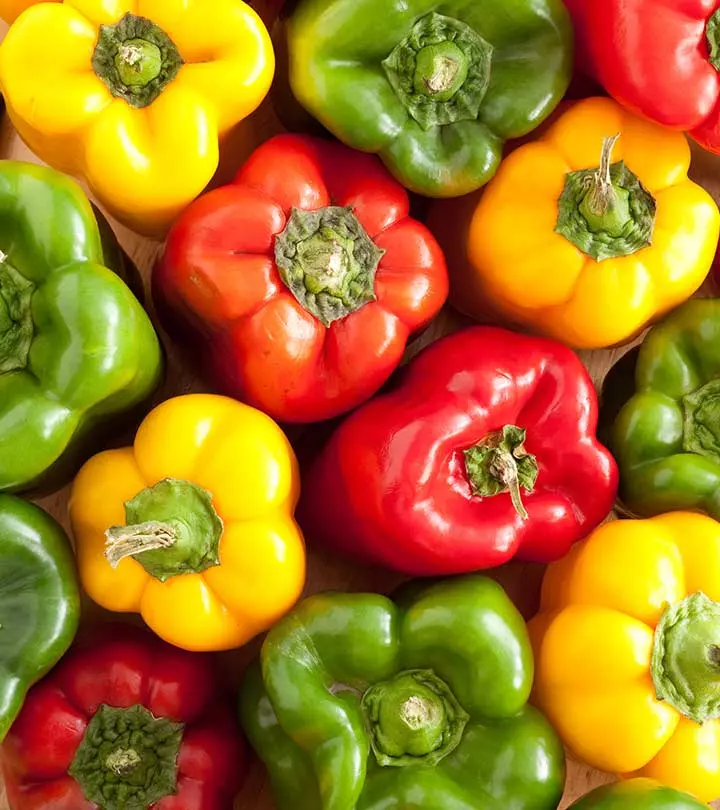
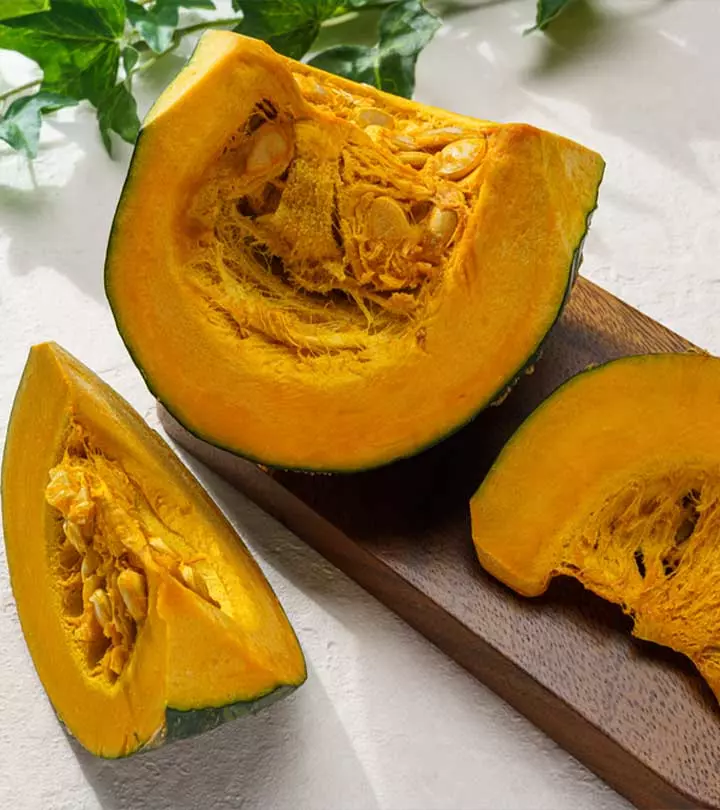
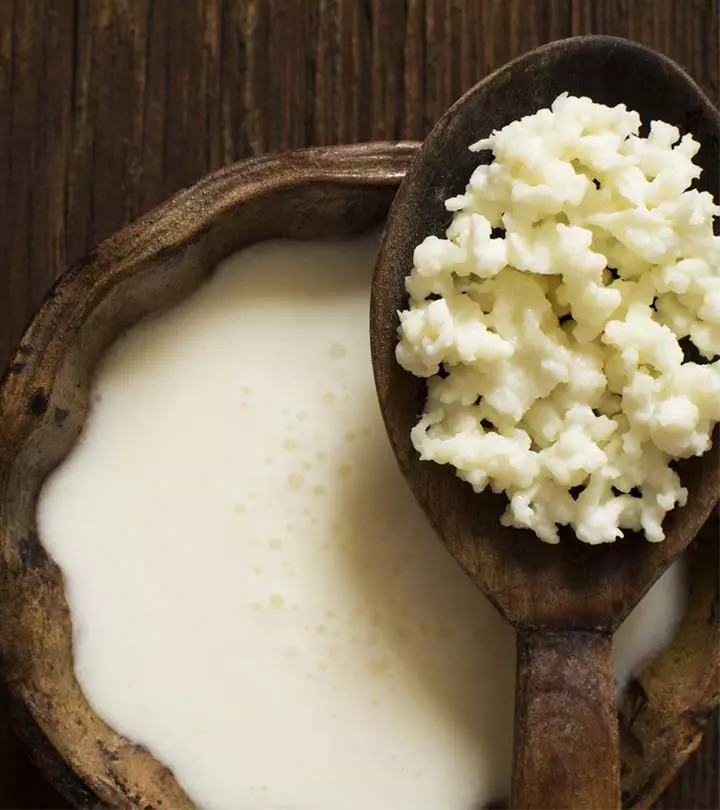
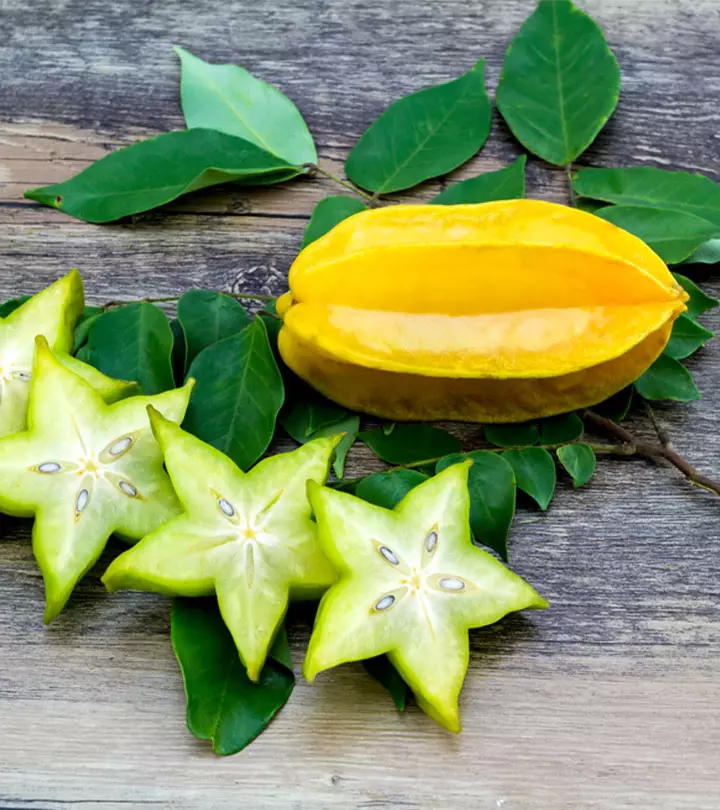


Community Experiences
Join the conversation and become a part of our empowering community! Share your stories, experiences, and insights to connect with other beauty, lifestyle, and health enthusiasts.